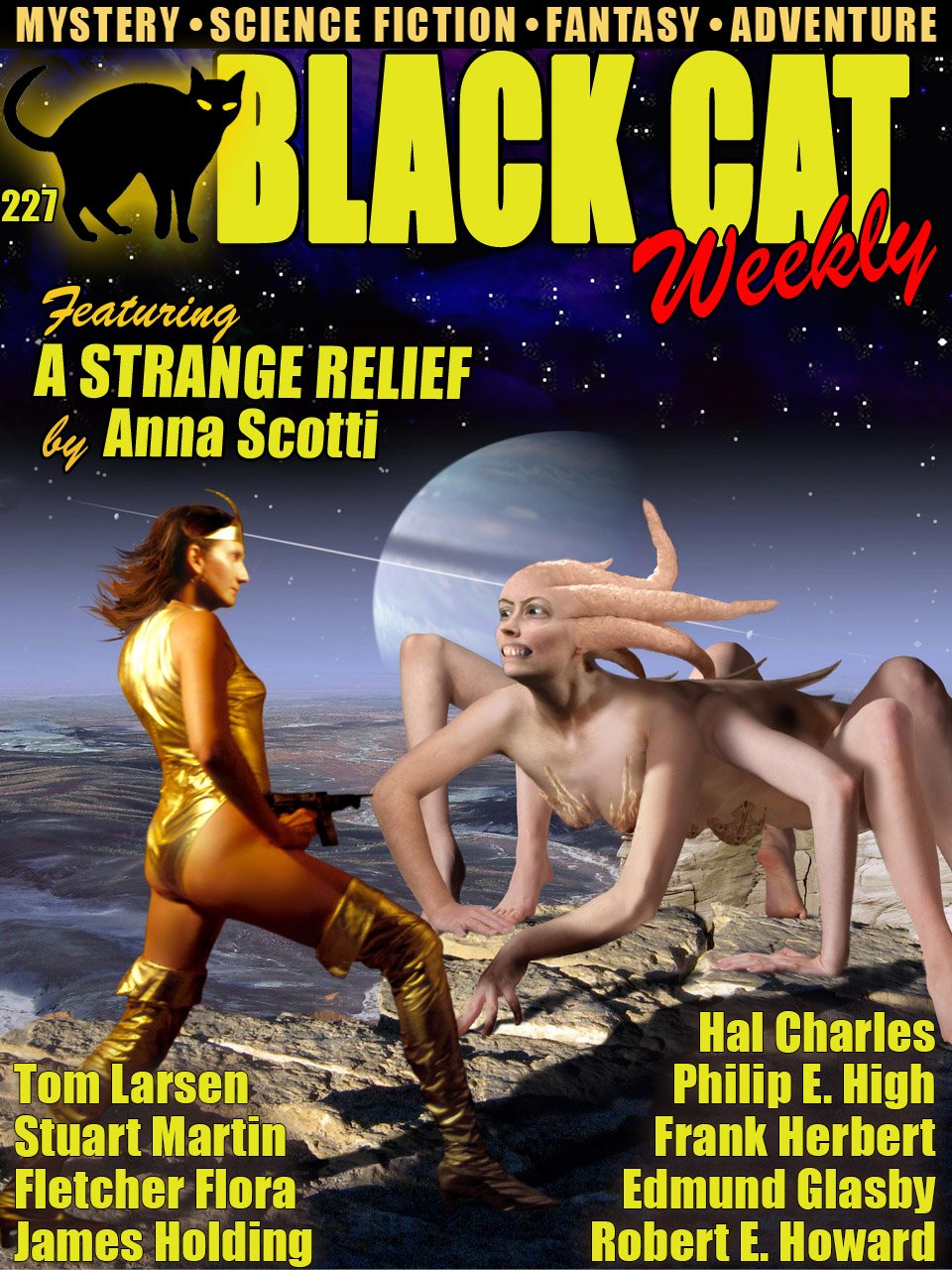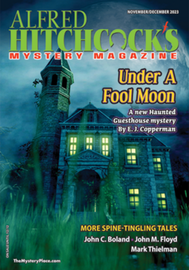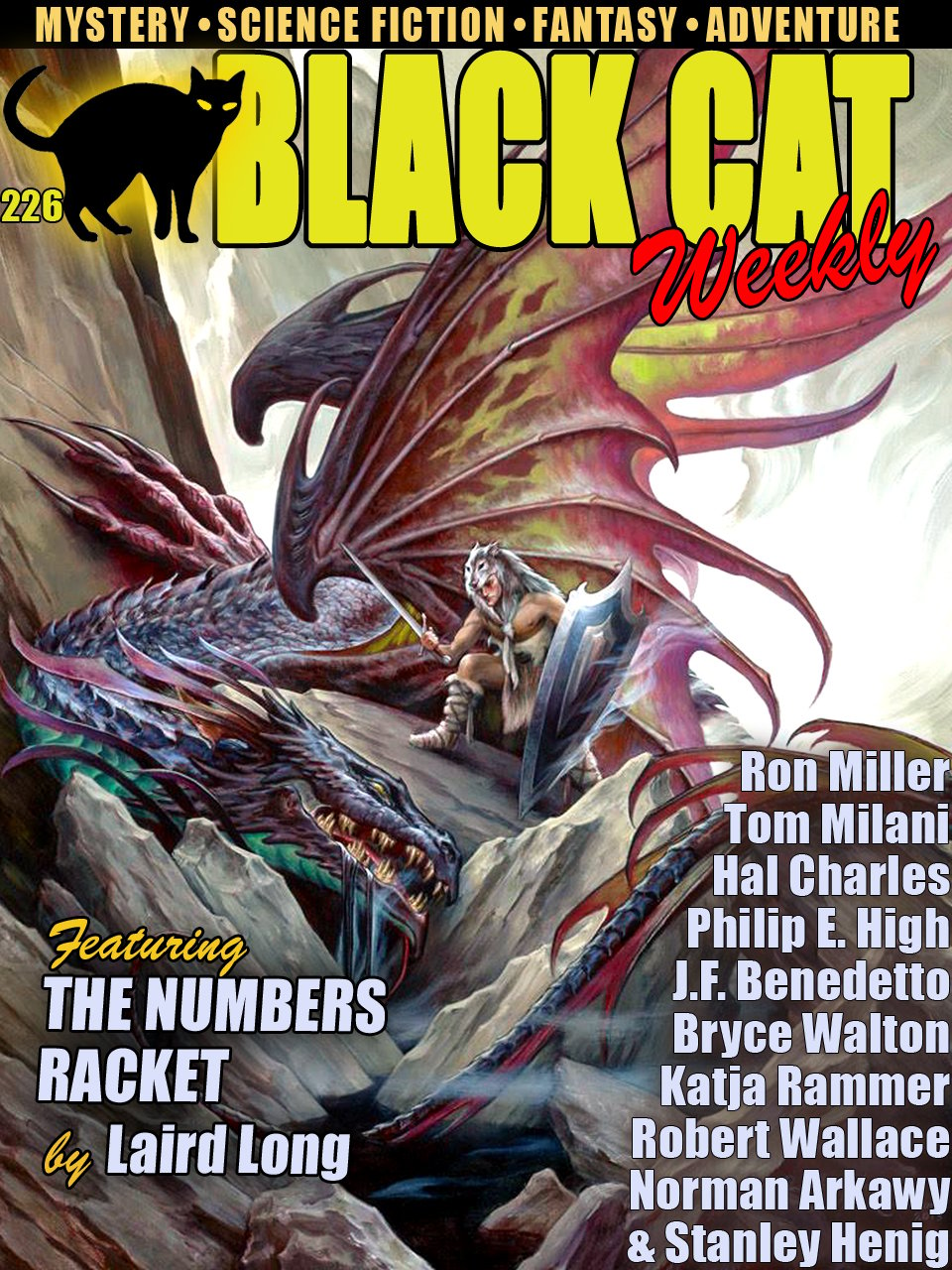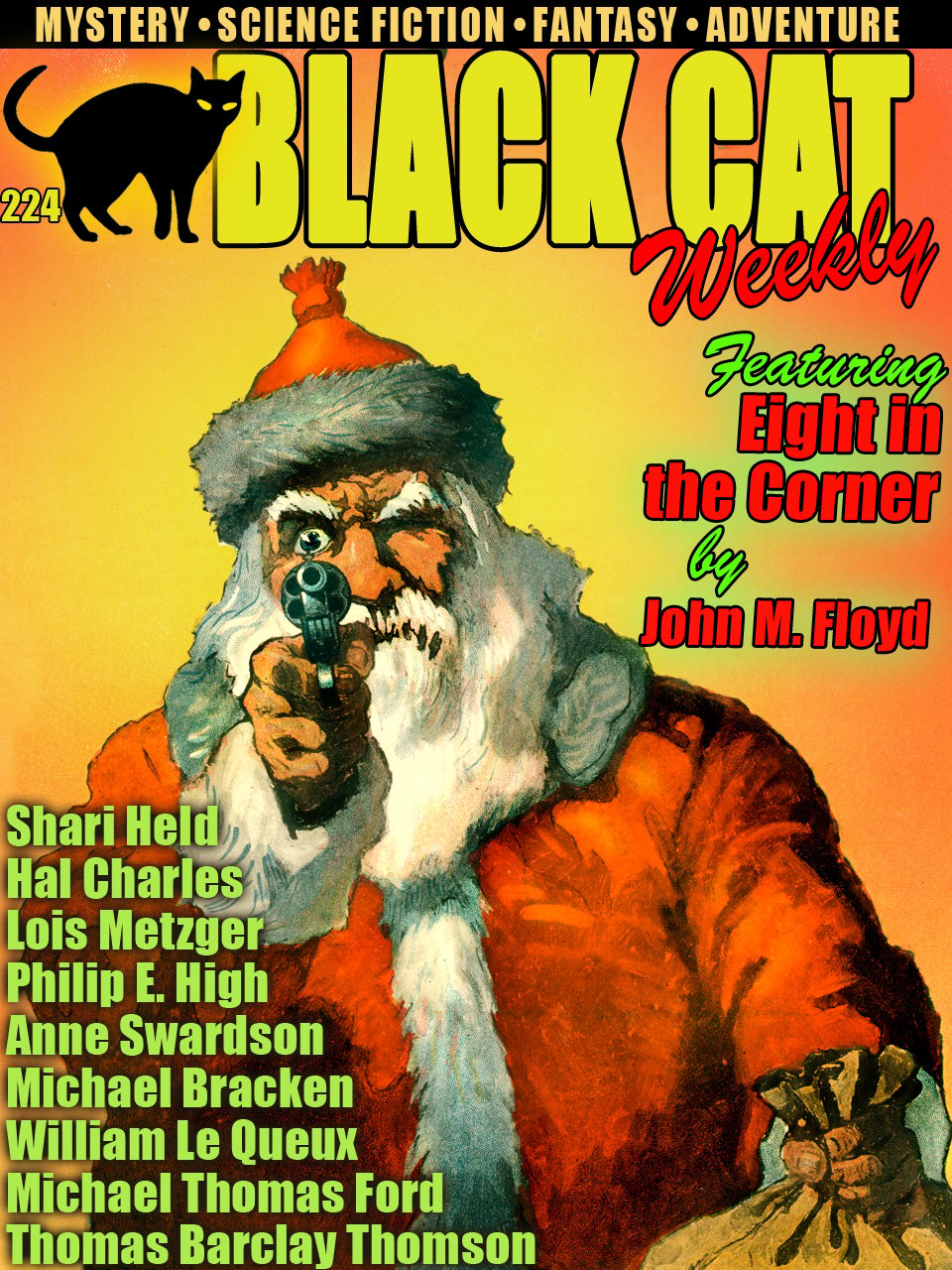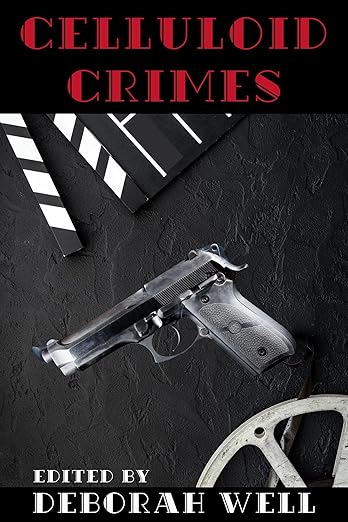"El Artista Fugitivo," by Tom Larsen, in Black Cat Weekly, #227, 2026.
This is the second story by Larsen to make this list, and it stars the same character.
Wilson Salinas is a private detective in his native Ecuador. This story takes place not long after he sets up his business after leaving Seattle where he worked as a chef until alcohol got the better of him.
His U.S. experience helped him get a new client, an American P.I. named Cabrera who wants him to find a yankee who has disappeared. Jefferson Bushnell is an eighty-year-old painter. Why does Cabrera want to find him? Because Bushnell got the detective's twenty-year-old niece pregnant.
If that sounds suspicious Salinas agrees with you. But he takes the case and, as usual, finds out that it is not nearly as straightforward as it seems.
This is a fun private eye story. I have to say there is a goof in the storytelling it that someone should have caught. It doesn't affect the plot but it is certain to annoy alert readers.

